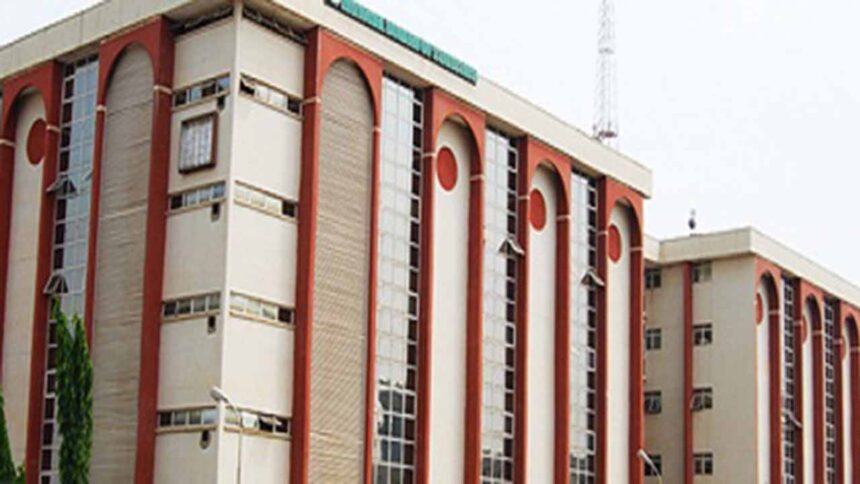The National Bureau of Statistics (NBS) has commenced the process of rebasing the country’s gross domestic product (GDP) and consumer prices index (CPI) estimates.
According to Statistician-General and NBS Chief Executive, Prince Semiu Adeniran, this exercise, recommended by the United Nations Statistical Commission to be carried out every five years, aims to reflect updated economic conditions, with the last such exercise conducted in 2014.
During a recent sensitisation workshop in Abuja, Prince Adeniran highlighted the importance of accurate and timely data for effective economic planning and policy-making.
The rebasing effort seeks to engage stakeholders and ensure that the updated economic data meets the needs of various users, providing a clearer picture of Nigeria’s economy.
Former National Planning Chief Executive, Mr. Ode Ojowu, noted significant structural changes in Nigeria’s economy since the last rebasing, such as the growth of the technology and digital sectors, advancements in agriculture, and the expansion of the entertainment industry. He emphasised that the rebasing of the CPI and GDP would capture these sectoral shifts and provide a more accurate representation of the economy.
Mr. Ojowu also pointed out that rebasing the GDP will lead to changes in macroeconomic indicators currently used by the government, which could affect policy-making. For instance, previous rebasing efforts saw significant shifts in financial indicators and fiscal deficit ratios. He raised concerns about how these changes might influence government decisions, particularly regarding expenditure and debt management, and stressed the need for cautious interpretation and application of the new data to ensure fiscal stability and economic growth.
He further advised that while an increase in the size of the GDP might reinforce Nigeria’s position as Africa’s largest economy, it is essential to scrutinise the GDP’s composition to ensure it contributes to employment, income enhancement, and revenue generation. The anticipated rebasing is expected to provide a more comprehensive economic outlook, which will be crucial for informed decision-making by both the government and the private sector.





